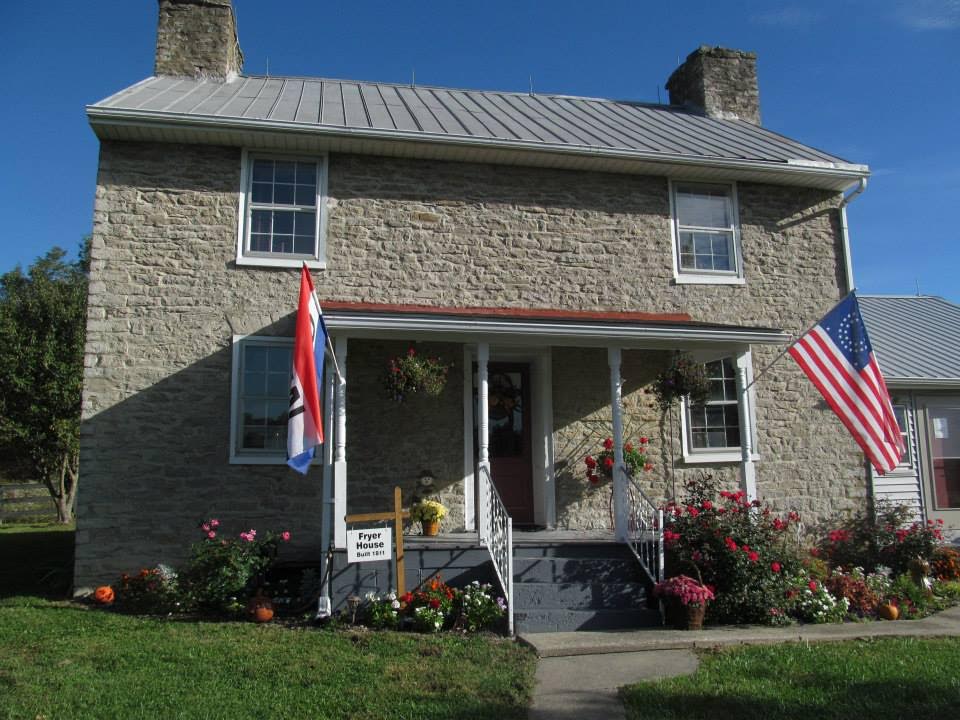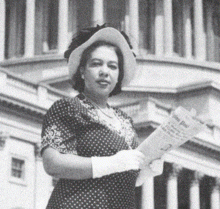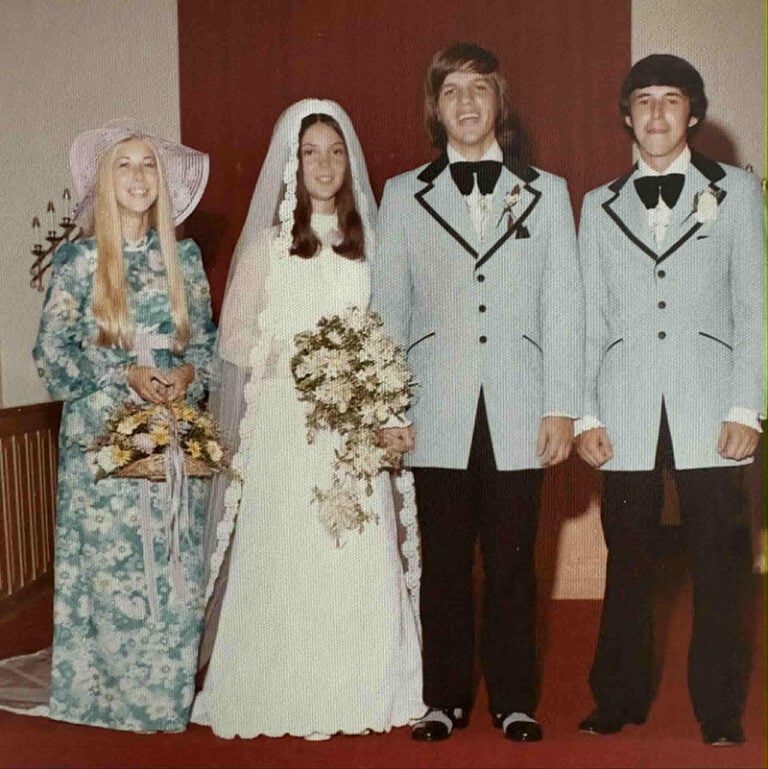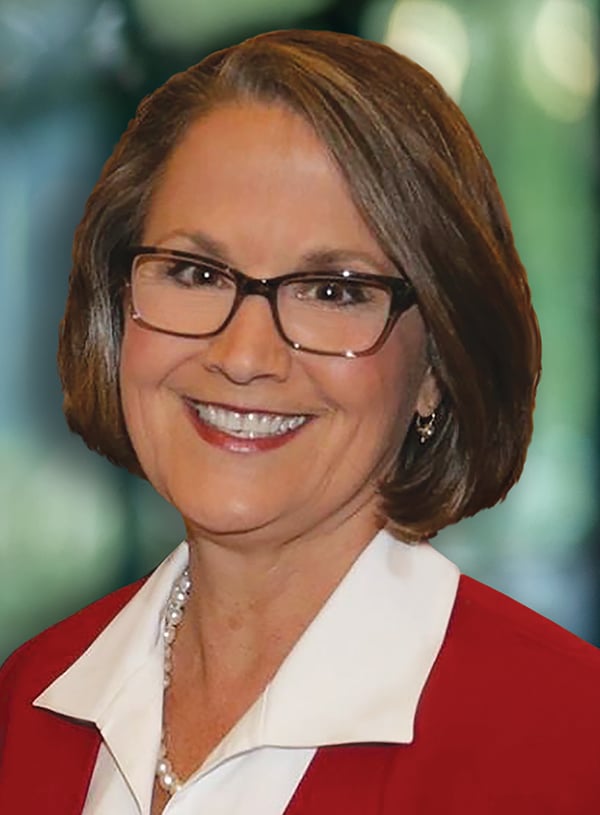By Steve Flairty
NKyTribune columnist
I recently picked up another in my collection of Kentucky-related encyclopedias. With The Kentucky African American Encyclopedia now on my bookshelf, I’m excited to use it as a ready resource for my Kentucky writing.
The 596-page tome now sits aside these other priceless references: The Kentucky Encyclopedia, The Encyclopedia of Louisville, Encyclopedia of Appalachia, and The Encyclopedia of Northern Kentucky. All were published by University Press of Kentucky except for Appalachia, published by University Press of Tennessee.
Diving right into the introduction, I was struck by a name I’d not heard in my study of Kentucky history. The writer called the encyclopedia “an extension of an African American school teacher in Logan County, Kentucky, named Alice Dunnigan.”

I read more and found that Dunnigan, while teaching a class on Kentucky history in the 1930s, realized that no textbooks made mention of contributions blacks had made in the emergence of the state. She began keeping her own fact sheet of such, and eventually it was published in the Louisville Defender in a weekly column called “The Achievements of the Kentucky Negro,” according to the Encyclopedia.
She was the daughter of a laundress and a tobacco tenant farmer in Russellville, Kentucky. In 1942, continues the source, she moved to Washington, D.C. and worked as a journalist, becoming the first African American to be titled White House correspondent. Ironically, she had her first reporting job as a 13-year-old for the Owensboro Enterprise.
Years later, in 1982, The Fascinating Story of Black Kentuckians: Their Heritage and Traditions, was published by Dunnigan. It was a badly needed treasure for all Kentuckians and a way to begin to bring just balance to the telling of Kentucky’s story.

Before Dunnigan’s black history book was released in 1982, she published her autobiography, A Black Woman’s Experience: From Schoolhouse to Whitehouse. Here are a few other accomplishments of this ground-breaking achiever:
— became Washington correspondent of the Chicago Defender in 1946
— joined the Associated Negro Press, also in 1946 and serving as director from ’47 to ’61
— with President Harry Truman in 1948 campaign and spoke on his behalf in Kentucky
— traveled with Lady Bird Johnson on education observation tour of America
Dunnigan received, said the Encyclopedia, “more than 50 national and international awards and an honorary doctorate from Colorado State Christian College.”
She also became a member of the Kentucky Journalism Hall of Fame in 1982.
Not bad for a rural Kentuckian with such humble roots and challenging obstacles to overcome. That is more common than one might think, and in order to see proof, check out the 596-page page resource book. Besides featuring hundreds of individuals, it provides a host of topical essays on such subjects as civil rights, historic black churches and schools, and small black communities.
It’s user-friendly with alphabetized submissions and includes a good share of black and white pictures, plus has a thorough index. I would highly recommend it for our Kentucky middle and high school teachers, and it can be adapted to elementary student also.
My mother, Alma Faye Flairty, was always a determined, compassionate woman. No better example is when, during my childhood, a kitten somehow got itself caught under the family car hood and entrapped itself in the moving fan belt.
The little creature was found in a bad way and was nearly dead. Dad, my brother Mike and I thought it likely best to put down the animal, but Mom saw hope. Despite no encouragement from the three of us, Mom nursed the pitiful kitty back from critical condition—watching over it as it lay in a cardboard box at the bottom of our basement steps at our small Campbell County farm in Claryville.
How did she do it?
She lovingly warmed milk and fed the kitty with an eye-dropper and plenty of soothing words. Within a few weeks, Mom’s compassionate project produced a growing young feline marvel who happily hobbled around in a world that my mother made possible—-and showed Dad, Mike and me something about a strong woman’s capacity to care and believe, despite what others think.
Mom passed in 2013 but her 85-year-old twin sister, Alta Mae Johnston, is living and doing quite well at her Falmouth home in Pendleton County. It is such a wonderful blessing as I visit Aunt Mae. She’s a living image of my mother, mannerisms and all.
The Fryer House, Butler, built of limestone and over 200-years-old, is where the twins grew up with two brothers, Donald and Preston, and my grandparents, Percy and Lily Fryer. Today, the building serves a wonderful purpose is it is the location of the Pendleton County Historical Society.
For those of you who appreciate good United States military war stories with authenticity, let me recommend Lexington author Beth Underwood’s book, Gravity (Red Engine Press, 2015), reprinted from Kentucky Monthly:
Beth Underwood was among the crowd in tribute to local National Guard soldiers in Livingston, Tennessee on Veterans Day 2004. The soldiers represented part of the first major deployment of the Guard since World War II. They were headed to fight in Iraq, and she was impressed with their service and the community’s patriotism.
Underwood, then a recently hired reporter for a local newspaper, pitched a story to her publisher: one, she said, regarding “my unshakable interest in these Guardsmen and the deployment’s effect on the community.” The idea was accepted and when published, was well-received. That was the germination of her book, Gravity, which tells about a group of part-time soldiers from Tennessee who had things relatively easy in their native environment, morphing to individuals getting a whole lot more than they bargained for—fierce and highly dangerous participation in the Iraq War. A few didn’t come back alive.
The Lexington author captures action, comradery, clashing of cultures, fear, bravery, and the overall pathos of war within a unit called Knife Troop. Though not, she writes as if she is intimately embedded with the U.S. soldiers in the deployment, but is only so emotionally, and in the way she tells their stories–effectively.
And as for the contextual meaning of the term “gravity,” well, that’s for readers to decide, especially after reading the book’s 185 pages to the end.
This article was originally published on Feb. 9, 2016
Steve Flairty is a teacher, public speaker and an author of six books: a biography of Kentucky Afield host Tim Farmer and five in the Kentucky’s Everyday Heroes series, including a kids’ version. Steve’s “Kentucky’s Everyday Heroes #4,” was released in 2015. Steve is a senior correspondent for Kentucky Monthly, a weekly NKyTribune columnist and a member of the Kentucky Humanities Council Speakers Bureau. Read his KyForward and NKyTribune columns for excerpts from all his books. Contact him at sflairty2001@yahoo.com or visit his Facebook page, “Kentucky in Common: Word Sketches in Tribute.” (Steve’s photo by Connie McDonald)


















